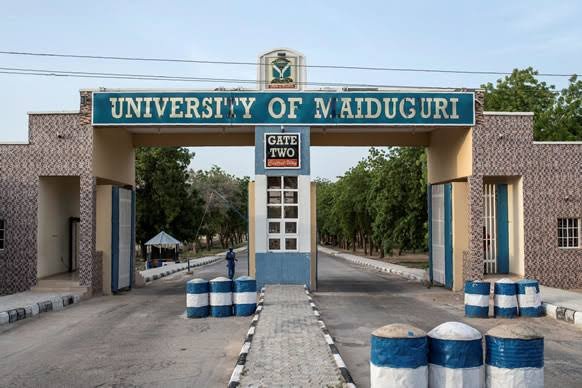Nigeria’s public universities are increasingly being renamed after political figures, a trend that continues to stir controversy across the country. Critics argue that this practice prioritizes short-term political gains over the long-standing academic identity of these institutions.
The issue first gained national attention in 2012 when then-president Goodluck Jonathan unilaterally renamed the University of Lagos after Moshood Abiola. Though Abiola is widely remembered as a symbol of democracy in Nigeria, he had no direct link to the university. The decision sparked massive public protests, leading to the suspension of academic activities at the time. Many saw the move as an act of political patronage, not as a tribute grounded in the institution’s history or values.
Despite the strong public reaction, later governments have continued to follow the same path. In 2018, President Muhammadu Buhari renamed the Federal University Ndufu-Alike in Ebonyi State after Alex Ekwueme, Nigeria’s first elected vice president. Though Ekwueme is respected, many questioned whether he had any meaningful connection to the institution. Critics called the change a form of historical revisionism that ignored merit-based recognition.
The trend has only continued under the current administration. President Bola Tinubu recently renamed the University of Abuja after former military leader Yakubu Gowon and the University of Maiduguri after Buhari. These decisions have again sparked national debate. Supporters claim the renamings honor Nigeria’s past leaders, while opponents argue the moves lack transparency and academic relevance.
In the case of the University of Maiduguri, the education ministry cited Buhari’s commitment to education and national development. However, historical records show that Buhari was not directly involved in the university’s founding in 1975. The official reasoning left many unconvinced. Critics say that using public-funded educational institutions to cement the legacy of former leaders undermines the merit and mission of these schools.
State-level politicians have also taken similar steps. In 2025, Governor Seyi Makinde of Oyo State renamed the Polytechnic Ibadan after Victor Omololu Olunloyo, who served as governor for just three months in 1983. The announcement was met with protests and petitions. Many residents and stakeholders asked for the decision to be reviewed, arguing that such a short tenure did not justify the honor.
These naming decisions often bypass the opinions of the academic communities involved. Faculty members, students, and alumni are rarely consulted before such announcements are made. This top-down approach has led to accusations that education in Nigeria is being used as a political tool rather than a foundation for national development.
Observers point out that while honoring national figures is important, doing so without a clear connection to the institutions can erode their identity. The academic history and community of each university should be protected from political influence, they argue.
Petitions have been filed in several cases, seeking federal intervention or judicial review. However, such efforts rarely lead to reversals. The lack of legal guidelines for renaming public institutions has allowed these practices to continue unchecked.
This trend has drawn the attention of education experts and civil society groups. They warn that it may damage the public trust in higher education. Institutions that once stood as symbols of academic excellence risk becoming extensions of political agendas.
There is growing demand for clear policies that would prevent arbitrary renaming. Advocates are calling for laws that require academic consultation and historical review before such decisions are finalized. They also urge leaders to consider non-political figures—such as researchers, educators, or innovators—when naming public institutions.
For now, however, the practice continues. And each new renaming adds to a growing list of changes that reflect not academic values but shifting political winds.







